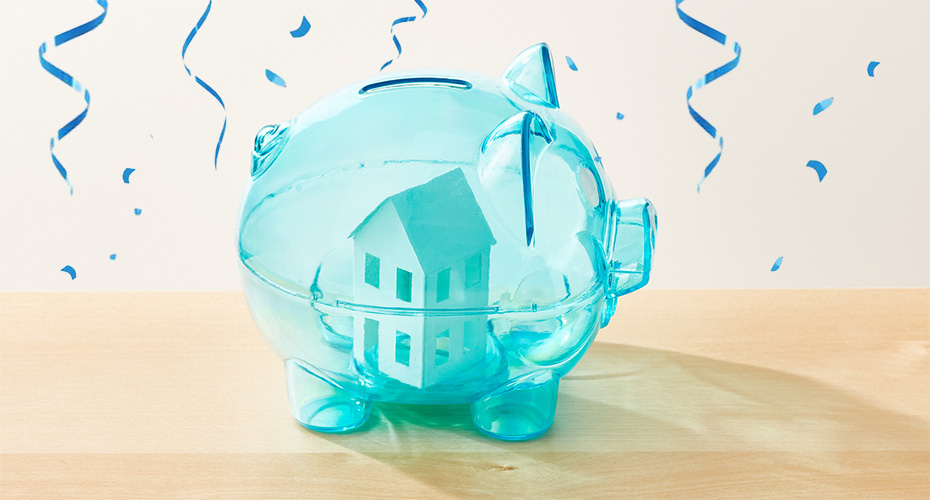Published May 4, 2022 • 3 Min Read
This article was originally published on RBC Direct Investing.
If you’re expecting to get a chunk of change back from the Canada Revenue Agency this spring, as more than 60 per cent of Canadian tax filers have so far this year , you’ve got some decisions ahead of you. While nobody would blame you for using some (or all) of your tax refund to splurge on something special—it’s been a difficult couple of years, after all—here are a few other options to consider that may instead help you get closer to your financial goals, whatever they may be.
Pay down debt
With interest rates on the rise, it might be a good time to consider reducing amounts owing on your debts – think mortgage, HELOC or personal line of credit. That way, you could curtail potential increases in your debt carrying costs before those higher payments start to eat into your available investment dollars. Paying off any high-interest debt, such as outstanding credit card balances, could also save you in interest charges, which could in turn open up more money in your budget.
Start or rebuild an emergency fund
The pandemic has shown us how important it is to plan for the unexpected—and how volatile markets can be. Saving a few months’ worth of expenses in an emergency fund can prevent the need to liquidate investments at a moment’s notice when calamity strikes—which isn’t ideal if markets are down and you’re forced to sell at a loss.
Invest in a registered account
If you haven’t already maxed out your available contribution room, you might consider investing your tax refund in a Tax-Free Savings Account (TFSA), Registered Retirement Savings Plan (RRSP) or Registered Education Savings Plan (RESP), which each offer certain tax advantages. With a TFSA, for example, you pay no taxes on investment income and capital gains earned on qualified investments. In the case of an RRSP contribution, you get a tax deduction to apply to next year’s taxes. And if you decide on an RESP, the government offers 20 per cent of the value of your annual contribution in the form of a grant, up to a maximum of $500 a year and a lifetime limit of $7,200.
Make your home more energy efficient
By using your tax refund to replace outdated energy-hog appliances, buy a more efficient furnace, or install better insulation or new windows and doors that prevent air leakage, you could lower your gas, electricity or oil bill. Those savings, over time, could then find a home in your investment portfolio.
Upgrade your skills
If you’ve been considering an educational or training program to boost your skills, your tax refund could help pay for it. You’ll not only come away with a stronger resume that may help grow your career and long-term income prospects, but you might also be able to claim a credit on next year’s taxes.
Support a cause
If one of your financial goals is to give back, you may want to consider gifting your tax refund to a worthy cause during these difficult times. Any donations you make to a registered charity could be claimed as a charitable tax credit on your 2022 tax return.
This article is intended as general information only and is not to be relied upon as constituting legal, financial or other professional advice. A professional advisor should be consulted regarding your specific situation. Information presented is believed to be factual and up-to-date but we do not guarantee its accuracy and it should not be regarded as a complete analysis of the subjects discussed. All expressions of opinion reflect the judgment of the authors as of the date of publication and are subject to change. No endorsement of any third parties or their advice, opinions, information, products or services is expressly given or implied by Royal Bank of Canada or any of its affiliates.
Share This Article






